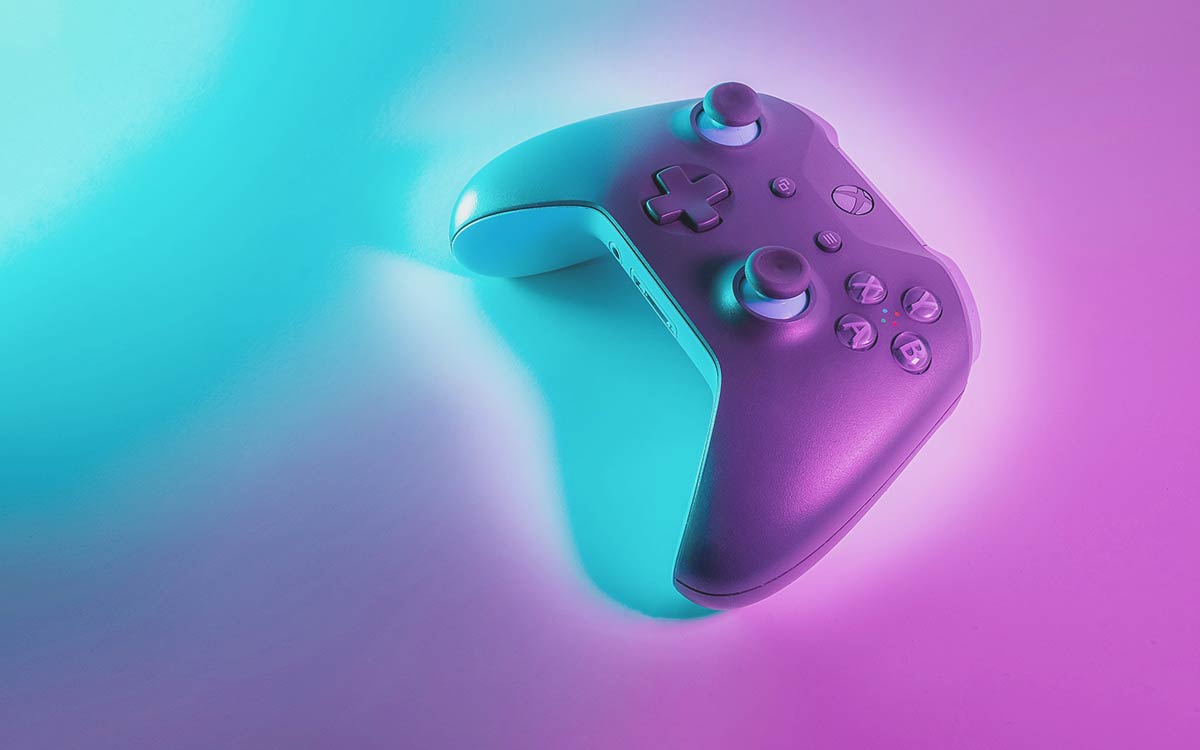When Video Gaming Starts to Feel Like Gambling: What You Should Know
Video games are a big part of many people’s lives—fun, social, and full of exciting challenges. But some features in today’s games are starting to look a lot like gambling. Understanding these overlaps can help families make informed choices and build healthier habits.
What’s the Connection?
Where Video Gaming and Gambling Intersect
Many popular games now include features that resemble gambling, such as:
- Loot boxes or mystery crates – Players pay for a chance to win random items, like weapons, outfits, or upgrades.
- In-game currencies – Real money can be used to buy virtual coins or tokens, which are then spent on spins, packs, or prize draws.
- Skins betting and item trading – Rare digital items can be traded or sold for real-world value, creating a marketplace that mimics gambling.
These features often involve spending money for a chance at a reward—and that reward isn’t guaranteed. That’s what makes them feel like gambling.
Why It Matters
These gambling-like features can:
- Encourage impulsive spending, especially in younger players.
- Make it harder to recognize the risks of real gambling later on.
- Lead to habit-forming behaviors that may evolve into problem gambling over time
Whether you enjoy playing video games or a parent of someone who does, there are some ways to stay aware and in control.
Resources:
The following resources are great starting points for building awareness, setting healthy boundaries, and having meaningful conversations with your child about gaming and gambling.
Online Gaming Resources from internetmatters.org (https://www.internetmatters.org/advice/by-activity/online-gaming-advice-hub/online-gaming-resources/)
Safer Gambling UK: https://safergamblinguk.org/get-involved/resources-for-parents-carers-schools-youth-workers-universities

